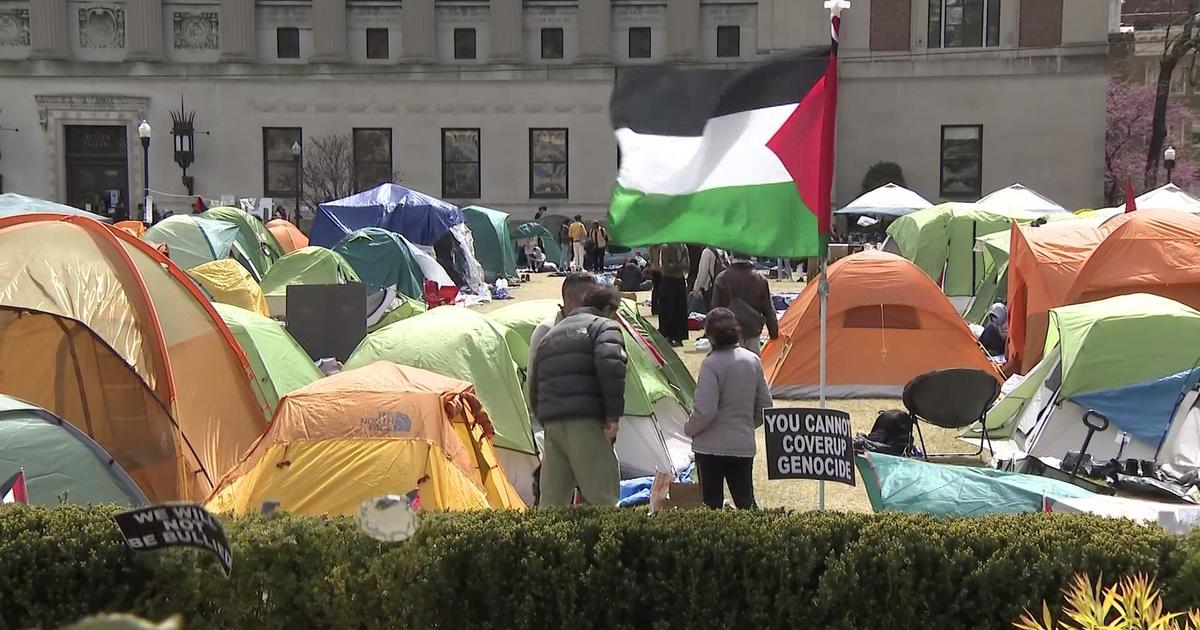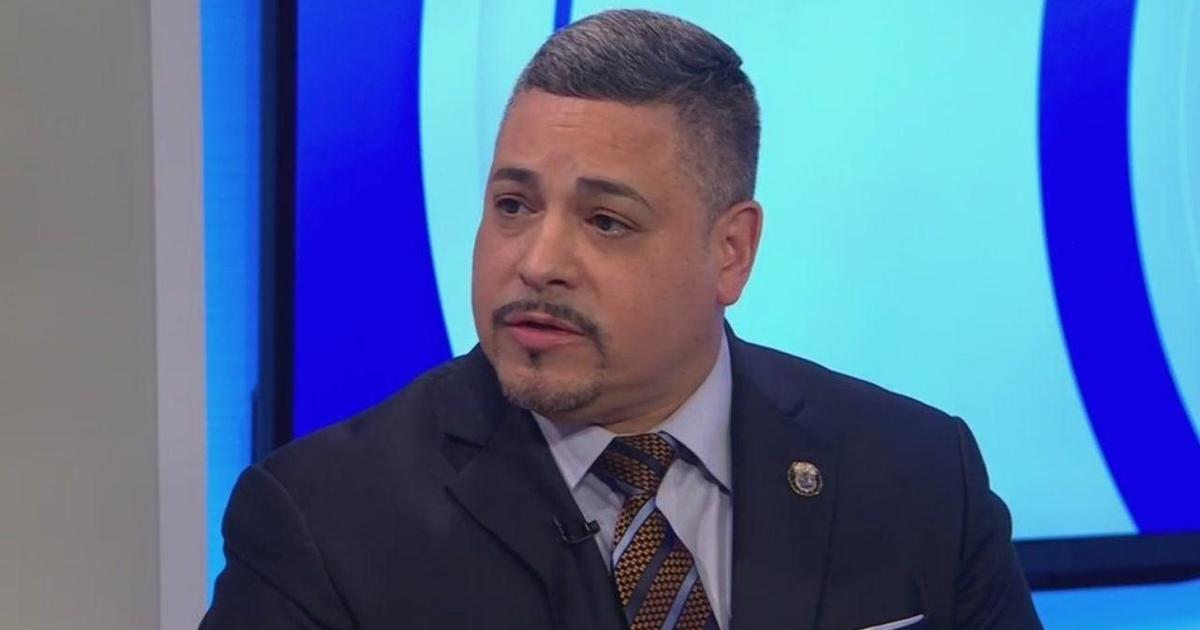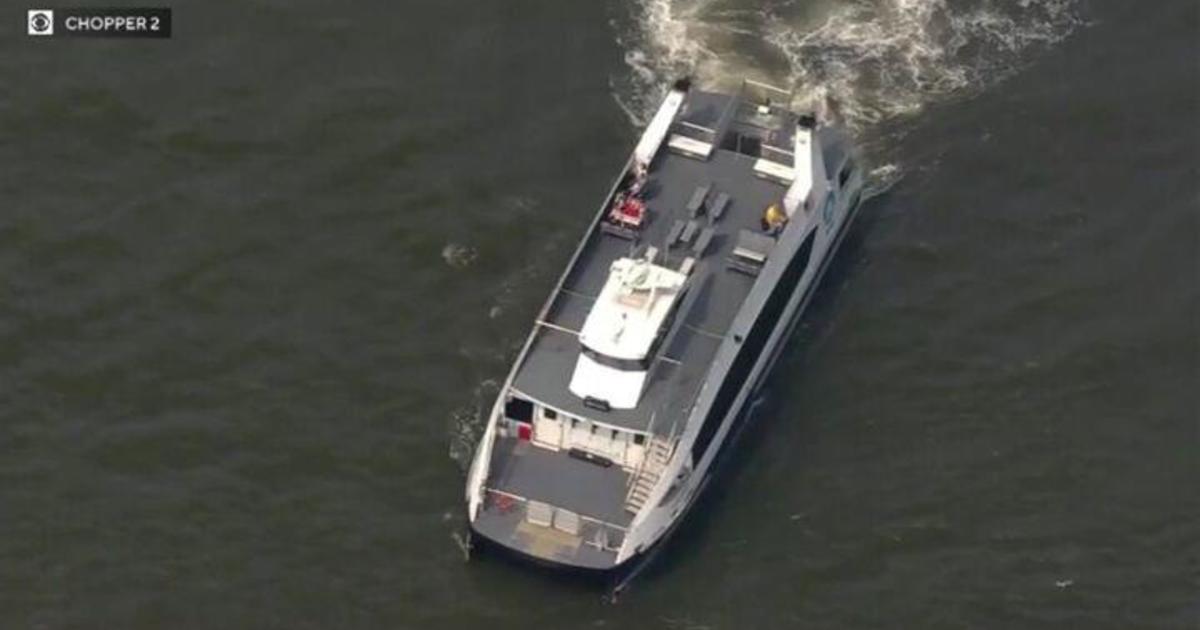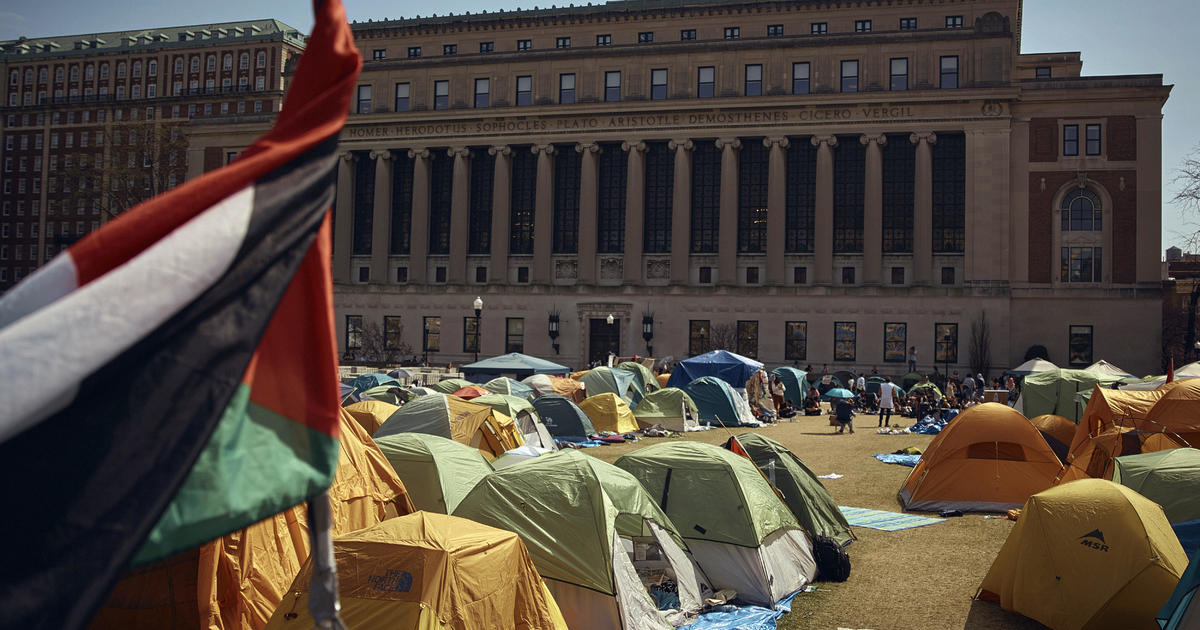Here's where to donate your eclipse glasses in New York City
NEW YORK -- What should you do with your eclipse glasses now that the big event is over? There are places in New York to donate or recycle them.
The nonprofit Astronomers Without Borders has partnered up with the eyeglass retail company Warby Parker to run an eclipse glasses recycling drive.
"They were in such a demand just 24 hours ago, and now here we are," said Andrew Fazekas, with the organization.
You can drop off your used glasses at any Warby Parker location before April 30. The glasses will then be donated internationally to underserved communities and schools and be used in future solar eclipses.
"There are schools, kids are being taught and teachers have a lack of good resources," Fazekas said.
Some small businesses are joining in, like K-Mac Electric on Fire Island.
"We're just trying to give back to the community and children in need," office manager Sasha Coiro said.
Other Astronomers Without Borders collection locations in the Tri-State Area include:
- University at Buffalo in Amherst,
- the Clifton Springs YMCA,
- Hanford Baykeepers in Silver Creek,
- the Rochester Science Museum in Rochester,
- the Saranac Laboratory Museum in Saranac Lake,
- and the Summit Free Public Library in Summit, New Jersey.
A large portion of the glasses could also be recycled, since they're mostly made of cardboard.
Experts say if you want to recycle your glasses at home, pop the lenses out first.
"The lenses are made out of silver black polymer. Polymer, obviously, being a plastic product is not compostable," said Roger Sarkis, owner of Eclipse Glasses USA.
We used the glasses to protect our eyes to witness a natural phenomenon; now it's our job to protect the planet that created the opportunity.
During the last eclipse in America, back in 2017, Astronomers Without Borders collected more than 3 million pairs of glasses. They were then vetted and sent out around the world.




